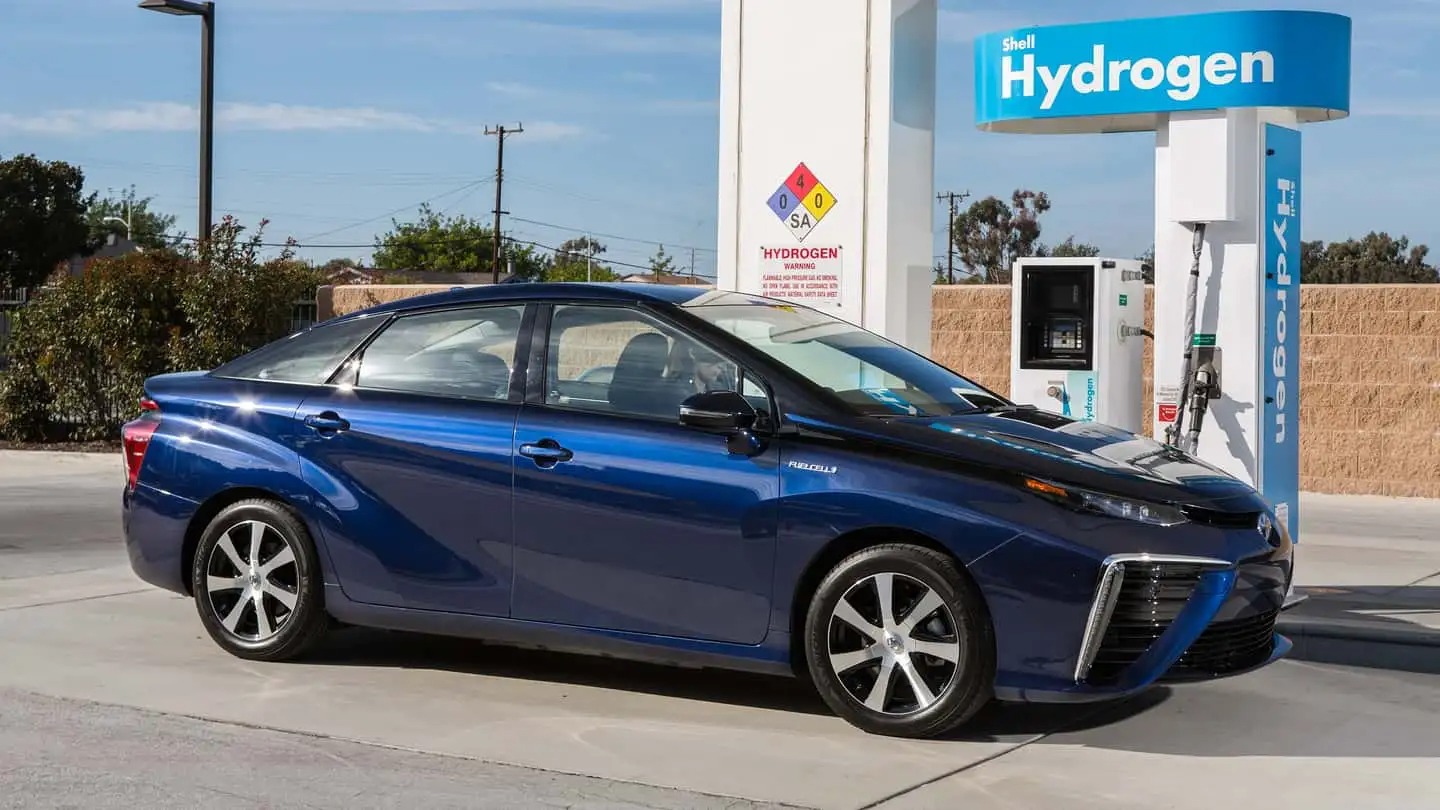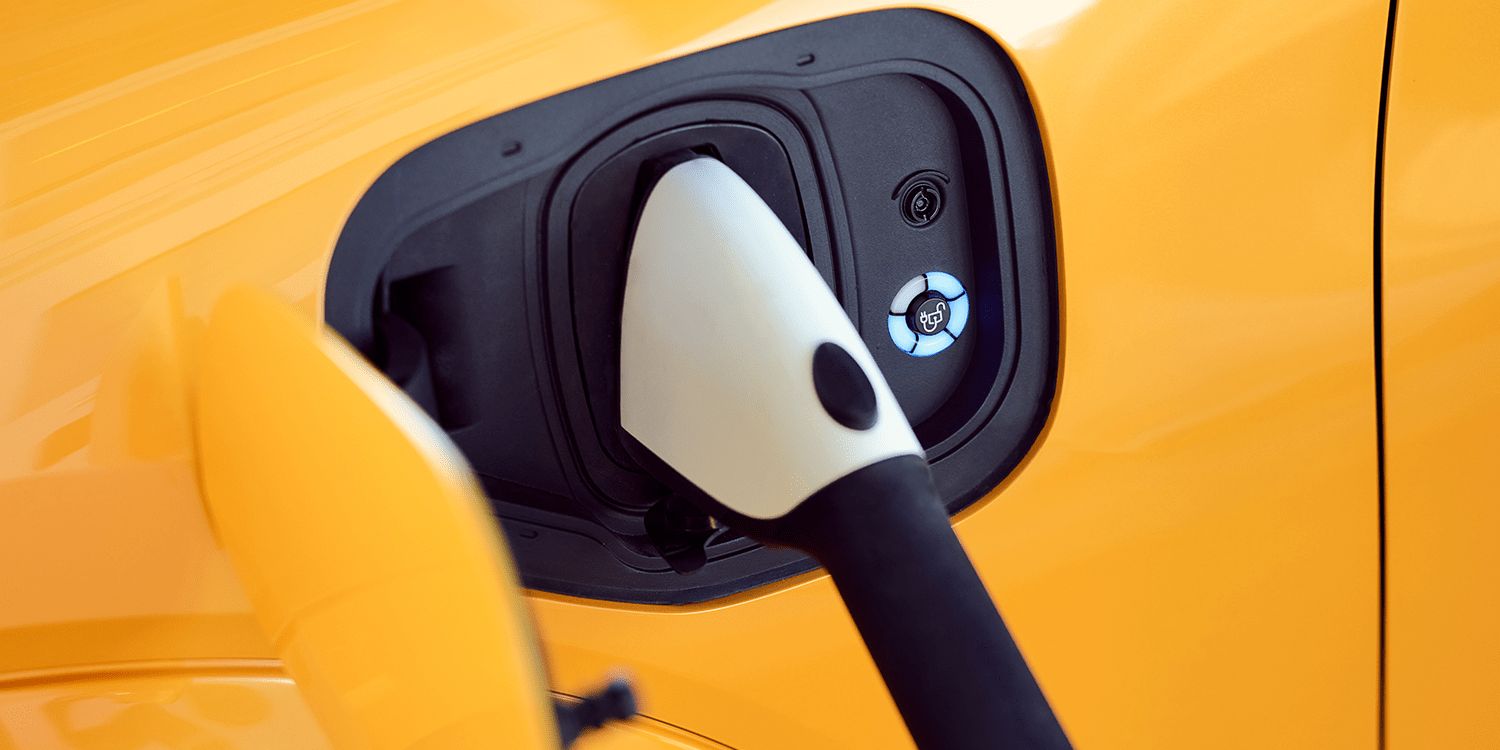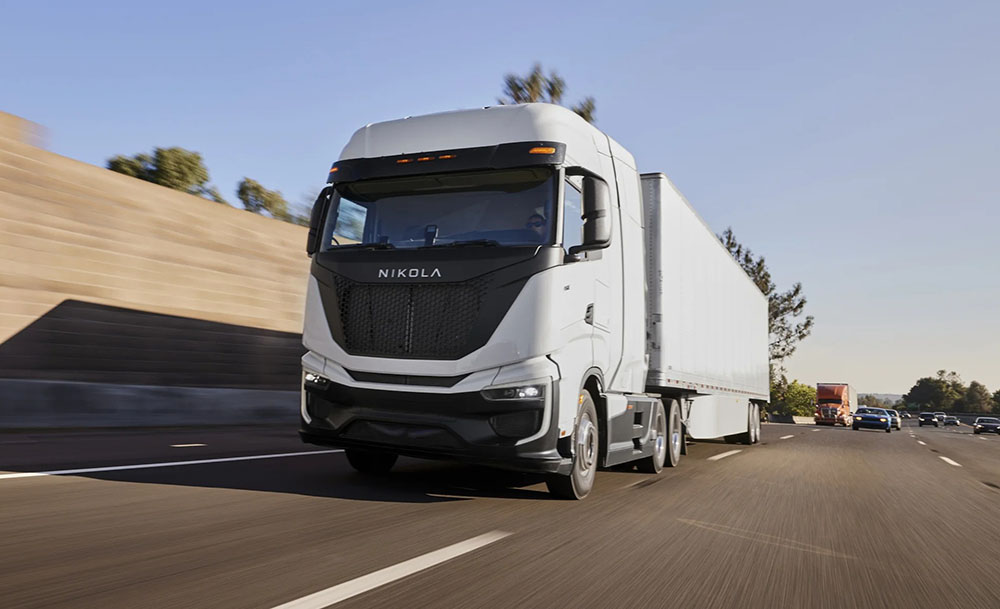Shell Hydrogen has confirmed the permanent closure of its seven pumping stations across California, marking a significant development in the state’s hydrogen car market. The closure signifies a broader challenge facing the hydrogen vehicle industry in a state where the fuel has been relatively accessible.
The news, initially reported by Hydrogen Insight, underscores Shell’s decision to withdraw from operating light-duty hydrogen stations in the United States. Previously, Shell operated seven out of the 55 retail hydrogen stations in California, according to the Hydrogen Fuel Cell Partnership (H2FCP).
See also: Hydrogen Car Sales in the US Grow by 10% to 2,737 in 2023, Face Infrastructure Hurdles
The closure is attributed to challenges in hydrogen supply and other external market factors, as stated by Shell Hydrogen Vice President Andrew Beard in the announcement letter. The decision reflects ongoing difficulties faced by hydrogen stations in Southern California, with many experiencing disruptions since August 13. Issues range from supply shortages to reliability concerns, with some stations undergoing repairs.
Iwatani, a major player in the American hydrogen filling station market, is embroiled in legal action against its equipment provider, alleging defects and misrepresentation. Such challenges compound the uncertainties surrounding the future of hydrogen fuel-cell vehicles in the U.S.
See also: Global Hydrogen Refuelling Stations Reach 921, Reflecting Ongoing Expansion in 2023
Despite efforts by hydrogen car manufacturers to incentivize adoption, including offering free fuel with purchases, high costs and infrastructure issues persist. The closure of Shell’s stations raises questions about the viability of hydrogen as a light-duty vehicle fuel, especially given Shell’s ties to the fossil fuel industry.
The decision by Shell, a significant player in the energy sector, to discontinue its investment in light-duty hydrogen infrastructure underscores broader challenges facing the hydrogen vehicle market. It reflects the need for comprehensive solutions to address cost, reliability, and infrastructure concerns if hydrogen is to realize its potential as an alternative fuel source in the transportation sector.







